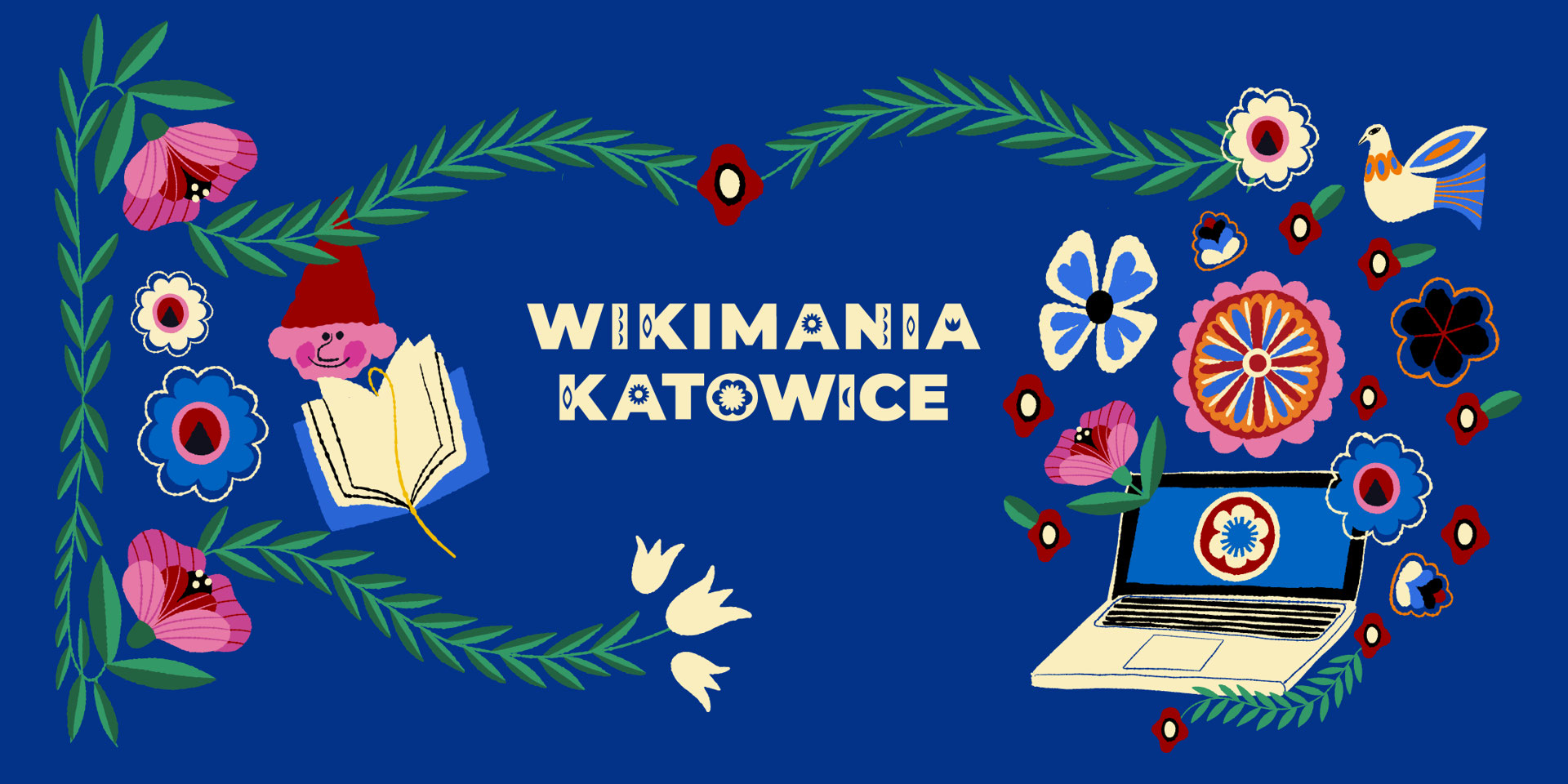2024-08-07 –, Istanbul (10)
Language: English
“Forking” - creating a copy of the existing content - is one of the fundamental features of the open-source movement. Russian Wikipedia has spawned numerous forks called “encyclongs” - after early copying that automatically replaced “wiki” with “encylo”. The “encyclongs” usually lack NPOV and promote a particular, usually right-wing POV, have a dedicated if the small community and usually devolve into a dictatorship. Finally, the start of the Russian-Ukrainian war led to the creation of the two forks by long-term wikimedians, wulfson and DrBug. This session will discuss the current state of the Russian Wikipedia encyclongs.
A presentation followed by a discussion in English, Russian and Ukraininan.
A session about the forks of Russian Wikipedia will aim to achieve several objectives, including:
Understanding History: Explore the historical context and reasons behind the creation of various forks in Russian Wikipedia. This would involve tracing the timeline of events leading to the forks and understanding their ideological, political, or cultural motivations.
Comparison and Contrast: Analyse the similarities and differences between the original Russian Wikipedia and its forks. This would involve examining content policies, editorial guidelines, community dynamics, and user demographics.
Impact on Knowledge Dissemination: Assess the impact of the forks on knowledge dissemination and accessibility in Russian-speaking communities. This could involve examining factors such as readership, editor engagement, and the availability of information on different platforms.
Community Dynamics: Explore the community dynamics within each fork, including governance structures, decision-making processes, and dispute-resolution mechanisms. This could provide insights into the strengths and weaknesses of different organizational models.
Future Directions: Consider the prospects and challenges facing the Russian Wikipedia.
This could involve discussing potential strategies for collaboration, reconciliation, or integration between different branches and the evolving role of Wikipedia in the digital age.
Overall, the session could serve as an opportunity for participants to deepen their understanding of the complex dynamics surrounding Russian Wikipedia forks and explore ways to promote knowledge sharing and collaboration within the Russian-speaking community.
Session recording: https://youtu.be/j4jFqkG8iHg?t=6096
- How does your session relate to the event themes: Collaboration of the Open?*:
-
The session could serve as an opportunity for participants to deepen their understanding of the complex dynamics surrounding the forks of Russian Wikipedia, explore ways to promote knowledge sharing and collaboration within the Russian-speaking community and learn lessons that can be applied to the less mature Wikimedia projects.
- What is the experience level needed for the audience for your session?*:
-
Everyone can participate in this session
- How do you plan to deliver this session?*:
-
Onsite in Katowice
- What other themes or topics does your session fit into? Please choose from the list of tags below.
-
Collaboration, Capacity building, Storytelling
Victoria Doronina is a Technical Officer in Education Biology and Food Microbiology at the Manchester Metropolitan University, UK.
Originally from Belarus, Victoria Doronina was awarded a Darwin Trust Fellowship, which led to a PhD in Molecular Biology (University of Edinburgh, UK). After graduating, Victoria worked as a Postdoctoral Fellow in several Russell Group (UK Ivy League) universities, specialising in protein translation. She is also an Associate Member of the Advance Higher Education Academy.
Victoria started contributing to Russian Wikipedia in 2006 and became an administrator. The second woman ever to be elected and the first to serve twice on the Russian Wikipedia Arbitration Committee, Victoria is a long-standing mediator in a few of the most debated topics and a Featured and Good articles moderator.
In 2011 Victoria became a Wikimedia Community Fellow. She also served on the Wikimedia Funds Dissemination Committee.
In 2021, Victoria was elected to the WMF Board of Trustees, where she is a member of the Community Affairs Committee, Product and Technology Committee, Executive Committee and the Lead of the Sister Projects Taskforce.

